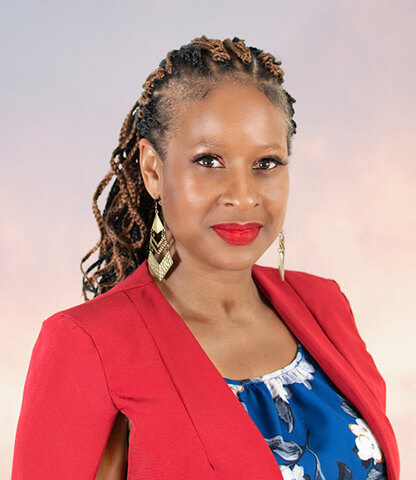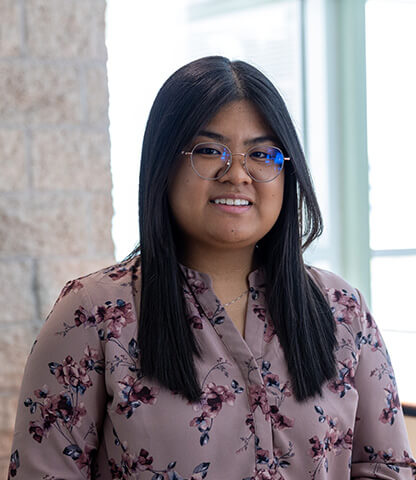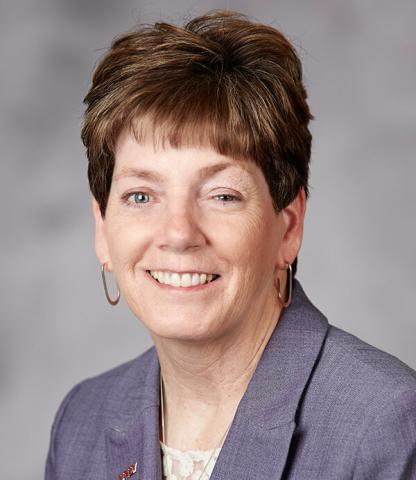
Reflections speaks to the water that borders the countries of East and South Asia and the Pacific islands even as it jogs the memories of Las Vegas's longtime and recent Asian American and Pacific Islander community members. These are the groups who represent the fastest-growing segment of Clark County’s population, in 2023, approximately twelve percent.
The voices of the Reflections project together offer a window into the stories of the city’s diverse AAPI communities who have, since earliest days, helped build and create Las Vegas, and who invest precious time, talent, and money to advance its future.
Beginning in September 2020, the project collected two face-to-face interviews before the COVID-19 pandemic forced a move to a virtual platform. Even with the challenges wrought by the pandemic, the reflections team has interviewed 127 narrators who represent a range of complex AAPI identities, languages, experiences, traditions, familial generations in mainland United States, and years of Nevada residence. Some, like toddler Chris Lee, arrived as immigrants with their parents; some, like “tween” Kochy Tang, were born and raised or partially raised in other U.S. places of immigrant parents, while others represent the fourth or fifth U.S. Mainland-born generations of their families.
As the first U.S. state to regulate acupuncture in 1973 and, in 1983, to establish the State Board of Homeopathic Medical Examiners, Nevada began to attract practitioners of traditional, or alternative, East Asian medicine. Chief Judge Chris Lee, North Las Vegas Municipal Court, was a toddler in 1977, when his parents immigrated directly to Las Vegas, because his “father was a practicing acupuncturist in Korea, and Nevada was one of the first states in the country to license it as a profession.” Likewise, the Chinese-immigrant parents of Kochy Tang, D.O., brought their young San Franciscan teen to Nevada in 1983, because they wanted to open a medical practice together, and Nevada “had [recently formed] a homeopathic board. It was a little more open in regards to alternative medicine.”
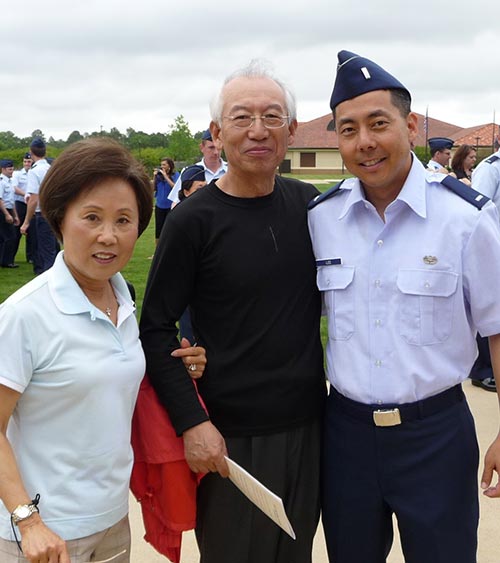
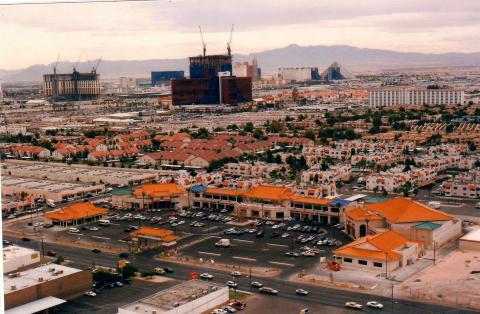
Many Reflections narrators speak about the importance of Chinatown not only as the main marketplace for pan-Asian and Pacific Island restaurants, but also to the ways it changed Southern Nevada’s AAPI eating and buying habits. Instead of monthly drives to Los Angeles and returning with a carful of bulk purchases, Las Vegas, locals can enjoy their favorite foods right here. As Lorraine Longhi remembers, “When my parents heard that there was going to be a Chinatown opening up around the corner from us, they would actually drive by every weekend to see if it was open because they were so excited to finally have good Chinese food and a place to shop for Chinese groceries.”
As the Las Vegas AAPI communities continue to grow in numbers and diversity, they nurture the cultural richness of Southern Nevada. The Reflections project empowers residents and researchers to learn about the diaspora of the Pacific Islands and East and South Asia and the reasons so many decided to become a part of The Entertainment Capital of the World.
-Stefani Evans
Oral History Recordings
As part of this exhibition, we are specially including recordings of the actual oral history interviews. See the interview of Chris Lee and Kochy Tang below:
Recording of Chris Lee Interview
Recording of Kochy Tang Interview
Notes:
Lee, Chris. “An Interview with Chris Lee.” By Cecelia Winchell and Stefani Evans. Oral History Research Center. December 14, 2021.
Longhi, Lorraine. “An Interview with Lorraine Longhi.” By Stefani Evans. Oral History Research Center. March 31, 2023.
Tang, Kochy. “An Interview with Kochy Tang.” By Kristel Peralta, Vanessa Concepcion, and Stefani Evans. Oral History Research Center. May 26, 2021.




